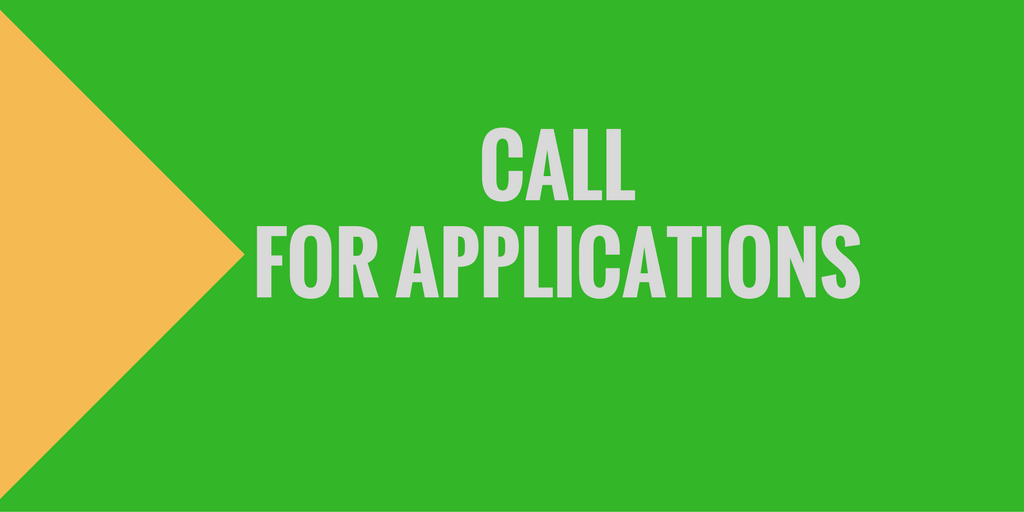UNFPA, the United Nations Population Fund’s Arab States Regional Office (ASRO) and CARE’s regional office for the Middle East and North Africa (MENA) are in the process of identifying and documenting the impact of their programmes that target adolescent girls and that have successfully resulted in delaying child, early and forced marriage (CEFM), preventing teenage pregnancies and combating female genital mutilation (FGM) in Egypt, Jordan, Lebanon, the Occupied Palestinian Territories, Iraq, Sudan, Yemen and Morocco. UNFPA and CARE therefore invite governments, UN agencies, international, national and community-based organizations to participate in this regional compilation of good practices by providing best approaches and human interest stories that showcase the effects of their programming on girls. This research will help inform UNFPA and CARE on the type of programmes that has yielded concrete and measurable results, with the aim of replicating them in other in similar contexts. Throughout this exercise, UNFPA and CARE are particularly interesting in highlighting the role of local and community-based NGOs as an interface between governments and the communities, and encourage them to share their stories.
Good practice should be shared according to the attached application form and supporting guidelines.
Human Interest Story should be in the form of feature stories, focusing on the individual whose life has changed as a result of International and national NGOs, UN agencies, CBOs, organizations, UNFPA and/or CARE’s programmes, and should be 600-800 words long. We highly recommend including a professional photography of the subject, while respecting her privacy (more details to follow), or, when relevant, a photography of a relevant activity that your organization has sponsored as part of the programme. Please note that submissions can be in English or Arabic.
A joint UNFPA-CARE technical committee will review all submissions and select the most relevant ones to be part of a regional report that both agencies will widely promote as a reference on successful programming targeting girls. UNFPA might consider the selected practices for support and scale up through near-future partnerships with the implementing agencies.





Leave a Reply